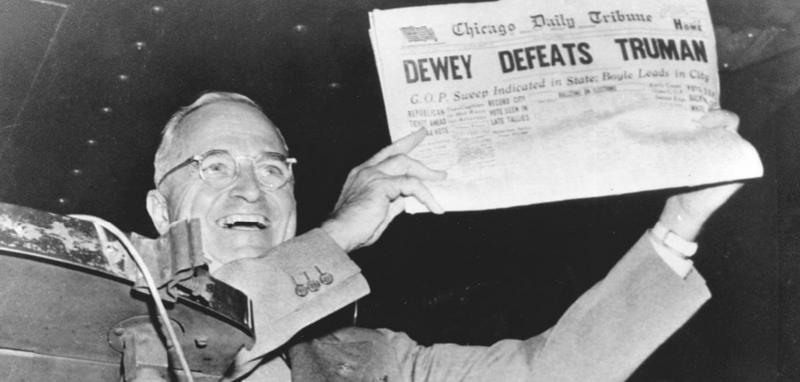

A study of projected electoral college results in 2020 based on 2018 Congressional results indicated a Democratic victory in the electoral college with 289-324 Democratic votes and 249-214 Republican votes. The actual vote will be 306-232, almost identical to the 2016 result, except in the opposite sense.
That sounds good for Democrats, but a closer look at the daily variations as the last 2018 votes are counted and recounted is disturbing - very small variations in popular votes create very large changes in the electoral vote. Technically speaking, it's an unstable algorithm. Clinton would have won in 2016 if the right 40000 votes had switched from Trump to her, 22600 in Pennsylvania for 20 electoral votes, 5400 in Michigan for 16 electoral votes, 11400 in Wisconsin for 10 electoral votes. Biden won in 2020 with very similar margins in the same states and a few others.
The final electoral vote tally 306-232 doesn't reflect that closeness very well, nor the lopsided popular vote. Is that really the best we can do?
There are lots of ideas here and and here.
George Will explains how the Electoral College was intended to protect political minorities by insuring that presidents have to gain support across the whole country.
After all, the essence of democracy is observing that minorities have rights and protecting them; simple majority rule is the essence of the mob, which the Founders rightly feared based on ancient and recent precedents.
Will observes that the winner-take-all outcome prescribed in 48 of the 50 states is a critical part of the method even though it's not in the Federal Constitution or any Federal statute. This is the basis for our two-party system which has mostly provided an uncommon degree of political stability compared to most other countries. The necessity of gaining broad national majorities tends to push the parties toward the center, but this tendency has become undone in recent years by dark big money in politics and single-issue narrow-casting media.
Popular election of the president is popular in some circles, starting with James Madison. But while popular wisdom generally gets things right eventually, it can be fooled in the short run. And think about the task of recounting a very close national popular election, an enormous labor if we go back to paper ballots, or an enormous opportunity for fiddling the results if we don't. Just look at the mischief contesting the 2020 presidential election while carefully NOT contesting the down-ballot results. What if some secretaries of state refuse to recount? This recount task is increased if ranked-choice voting were adopted, which would otherwise be a big improvement.
So let's consider some ideas that might be better than the current electoral college and might be more stable than direct election.
These ideas can be implemented by state or Federal statutes -
How this would have affected -
2016 as reported - D 232 R 306 2016 by Maine - D 250 R 288 2020 as projected - D 324 R 214 2020 as projected by Maine - D 285 R 253The ultimate result is the same, but the spread in votes is closer to the popular vote.
Constitutional amendments are almost impossible.
How this would have affected -
2016 as reported - D 232 R 306 2016 no at large - D 190 R 246 2020 as projected - D 324 R 214 2020 no at large - D 270 R 166The ultimate result is unchanged, but the margins better reflect the popular vote.
That is to say, if a state has 10 representatives, then it casts 1 vote for president. That vote is determined within the state delegation; if it follows partisan lines, the majority party in that delegation determines the vote; if the delegation is evenly split, it doesn't get a vote. This might be more important if states abandon winner-take-all and so electoral votes might be closer and third parties might be more likely to prevent a majority. So this is important to fix because it's an overwhelming rural bias. Note DC doesn't participate in the House. Compare electoral votes to state delegations (third column is tied delegations)
2016 electoral - D 232 R 306 ; D 14 R 32 T 3 2020 projected - D 324 R 214 ; D 20 R 26 T 4
Before too much presidential power is bestowed on the House, it should become worthy of the honor, by mandating ranked-choice voting and multi-member districts, as advocated by Fairvote and eliminating gerrymandering and unlimited dark money
The NY Times explores some of these ideas - multi-member and increasing the size of the House
Expanding the House reduces rural bias and might diversify the overall expertise. But there's no point without rules changes that empower members and disempower the leadership.
And while we are at it, how about biennial approve-or-expel votes for presidents and senators - it's a good way to increase voter participation in midterms, too.
|
There is nothing to buy or sign up for on this website.
Please report dead links, typos, and factual errors to web-report at comcast dot net Visitor count for this page starting 19 November 2020: 2020-electoral.html 1.2 20/11/18 |

|